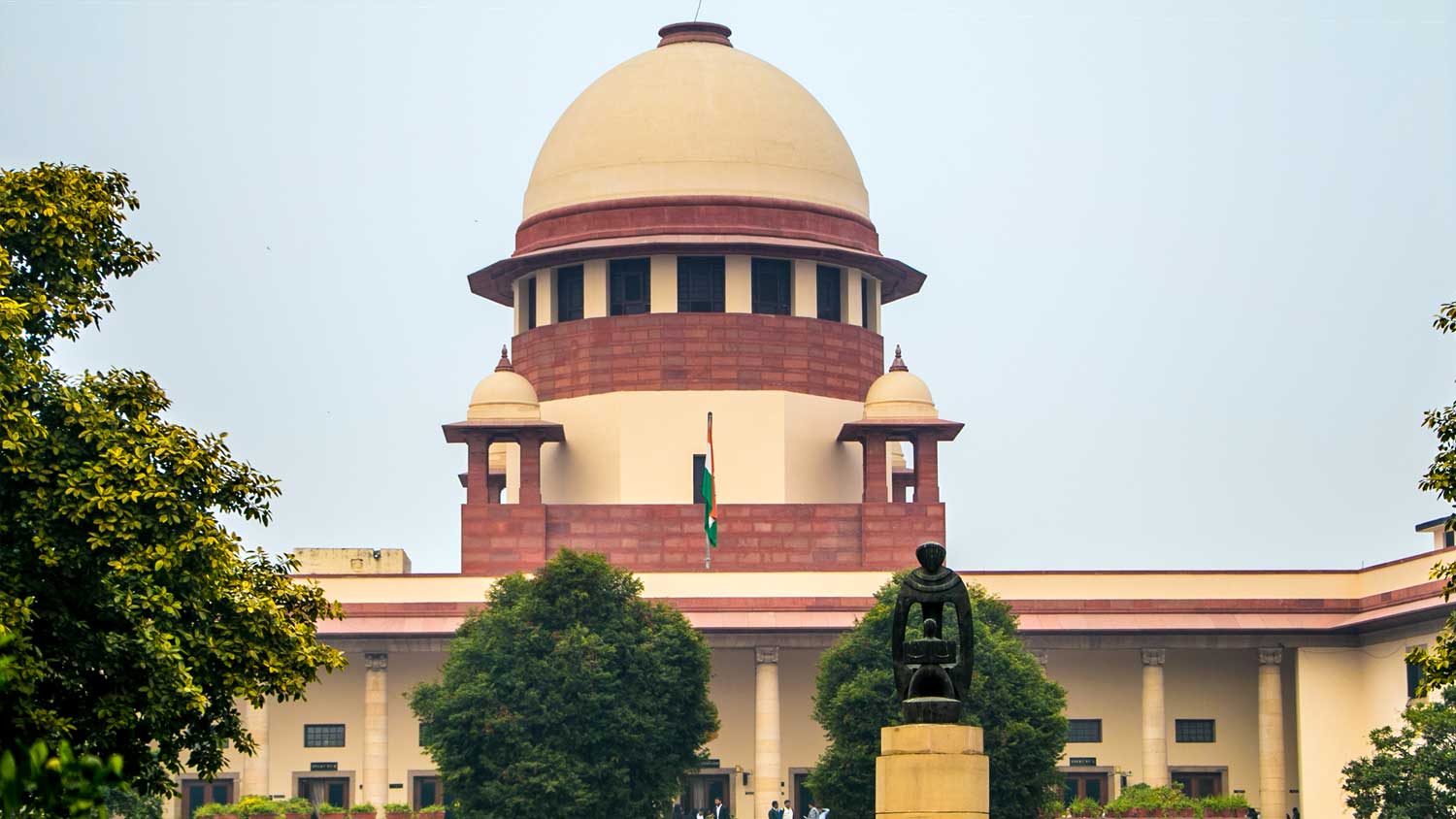The Supreme Court of India stands as the pinnacle of the country’s judicial system, entrusted with the paramount responsibility of upholding justice and safeguarding the Constitution. This institution has a rich history, a multitude of functions, extensive powers, and immense significance in the Indian legal and political landscape.
Historical Context
The genesis of the Supreme Court of India can be traced back to the British colonial era. The Regulating Act of 1773 marked the beginning of the judicial system in India, with the establishment of the Supreme Court of Calcutta in 1774. Over the years, more such courts were established in Bombay and Madras. However, the present Supreme Court of India was inaugurated on 28 January 1950, just after the Constitution of India came into force.
Functions of the Supreme Court
1. Judicial Review:
One of the fundamental functions of the Supreme Court is judicial review. It has the authority to review the constitutionality of laws, ensuring that they do not violate the principles enshrined in the Constitution. This power serves as a crucial check on the legislative and executive branches.
2. Dispute Resolution:
The Supreme Court acts as the final court of appeal in civil and criminal matters. It settles disputes between states and the center, as well as inter-state disputes, contributing to the maintenance of federal harmony.
3. Protection of Fundamental Rights:
The apex court plays a pivotal role in safeguarding the fundamental rights of Indian citizens. It can issue writs like Habeas Corpus, Mandamus, Prohibition, Certiorari, and Quo Warranto to protect these rights.
4. Guardian of the Constitution:
The Supreme Court interprets the Constitution and its provisions, providing guidance to the nation on the application and understanding of the Constitution in various contexts.
Powers of the Supreme Court
1. Original Jurisdiction:
The Supreme Court has original jurisdiction in matters involving disputes between the center and the states or between states themselves. These cases are filed directly in the Supreme Court, bypassing lower courts.
2. Appellate Jurisdiction:
The highest court has appellate jurisdiction over judgments and orders of High Courts and other lower courts. It can hear appeals on civil, criminal, and constitutional matters.
3. Advisory Jurisdiction:
The President of India can seek the Supreme Court’s advice on any matter of law or public importance. However, the advice is not binding on the President.
4. Contempt Powers:
The Supreme Court possesses contempt powers to punish those who disobey or disrespect its orders, ensuring the sanctity of its judgments.
Significance of the Supreme Court
The Supreme Court of India holds immense significance in the country’s governance and society:
1. Protector of Rights:
It acts as a guardian of the fundamental rights of citizens, ensuring that their liberties are not infringed upon by the government or other entities.
2. Constitution Interpreter:
The Court’s interpretations of the Constitution shape the nation’s legal landscape, often setting precedents for future cases.
3. Arbitrator of Disputes:
By resolving disputes between states and the center or among states, the Supreme Court fosters federal cooperation and unity.
4. Upholder of Justice:
The Court’s commitment to justice and the rule of law helps maintain public trust in the judicial system.
In conclusion, the Supreme Court of India stands as an indispensable pillar of India’s democracy and legal system. With its rich history, diverse functions, extensive powers, and undeniable significance, it continues to play a crucial role in upholding justice and ensuring the nation’s adherence to the principles enshrined in the Constitution. As the guardian of justice and the Constitution, it remains an unwavering beacon of hope for the citizens of India.

